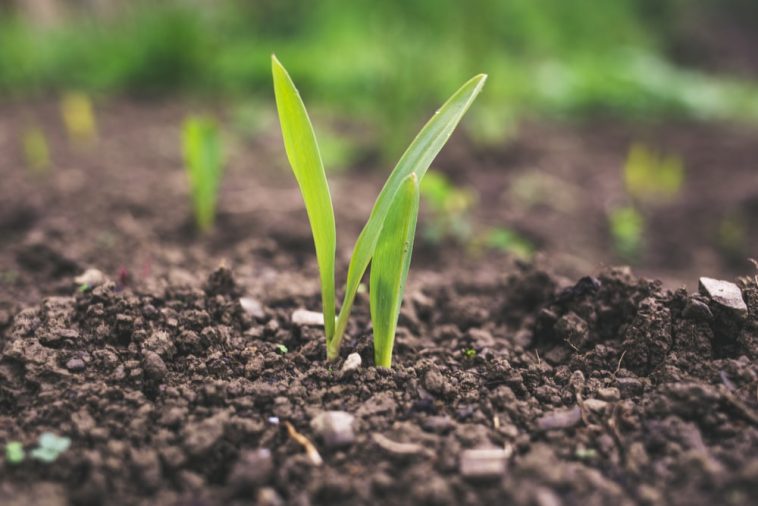TechInAfrica — Stanbic Bank Zimbabwe’s parent company, Standard Bank Group, is planning to use new digital technologies to encourage Agricultural yields across Africa countries.
In a statement Standard Bank said that with almost all available farmable land in the Americas, Europe and Asia already productively farmed using the most developed agricultural techniques, Africa presents a large opportunity to reach the 70 percent increase in global food demand expected by 2050.
The bank also said given that Africa has 60 percent of the world’s uncultivated arable land, adoption of intelligent use of data enabled by new digital technologies would boost yield per hectare in a big way.
Read also: How Agro-Tech Brings Solutions to African Farmers According to Experts at Iowa Meet
Currently, the continent uses predominantly traditional small-scale farming techniques and this brings the lowest yield per hectare globally, especially among the cereals and pulses that underpin the foundations of global food security.
Standard Bank’s Head Agribusiness, for Africa Regions, Abrie Rautenbach, says while fertilizer, improved agricultural cultivation, and livestock practices, as well as better seed (biotech), can help improve yields, by far the biggest opportunity within the grasp of African agriculture lies in ‘agritech’, the intelligent use of data enabled by new digital technologies.
“Information is the key to realize Africa’s vast agricultural potential. Digital technologies are merely the tools that will deliver the information,” Rautenbach said on an occasion.
Standard Bank’s satellite hosted-remote sensing innovation is delivered in collaboration with service provider RHIZA Africa and supported by Origin Enterprises PLC and the European Space Agency.
Using algorithms to analyze and interpret images, Contour and Grid share data on; local weather, soil moisture, field accessibility, and leaf wetness, while also providing optical satellite monitoring of area planted, germination and growth progress. This enables growth stage assessments, yield prediction and ultimately yield-enhancement.
Normalized difference vegetation index (NDVI) can be easily assessed with an easy-to-use traffic light system from red to green for no biomass to high biomass readings.
Contour, which available on mobile and desktop, is a digital platform and mobile app providing precision farming tools enabling; customer creation, field mapping, agronomic planning and recording, and crop and input allocation.
“Clients can use the information to understand the health of a crop; do fertilizer and spray planning; identify flooded areas; understand ground conditions – such as soil health and moisture levels – and monitor historical weather,” Swart added.
Contour and Grid also allow Standard Bank to manage the financial risks associated with delivering agricultural finance. Real-time visibility of crop performance affords constant updates of all Standard Bank agricultural clients and potential clients, including detailed information on crop development. This enables them to build trust and transparency between the bank and customers, empowering farmers and enabling the bank to correctly asses risk and accurately allocate capital and cover.
In Zimbabwe, a pilot project was conducted last year which signed up 8,520ha. There is also a constant engagement with the local RHIZA team during visits to farms to retrain customers on the usage of the technology.
Source: allafrica.com
 We just launched our WhatsApp channel. Want to get the latest news from the Tech in Africa?
We just launched our WhatsApp channel. Want to get the latest news from the Tech in Africa?


